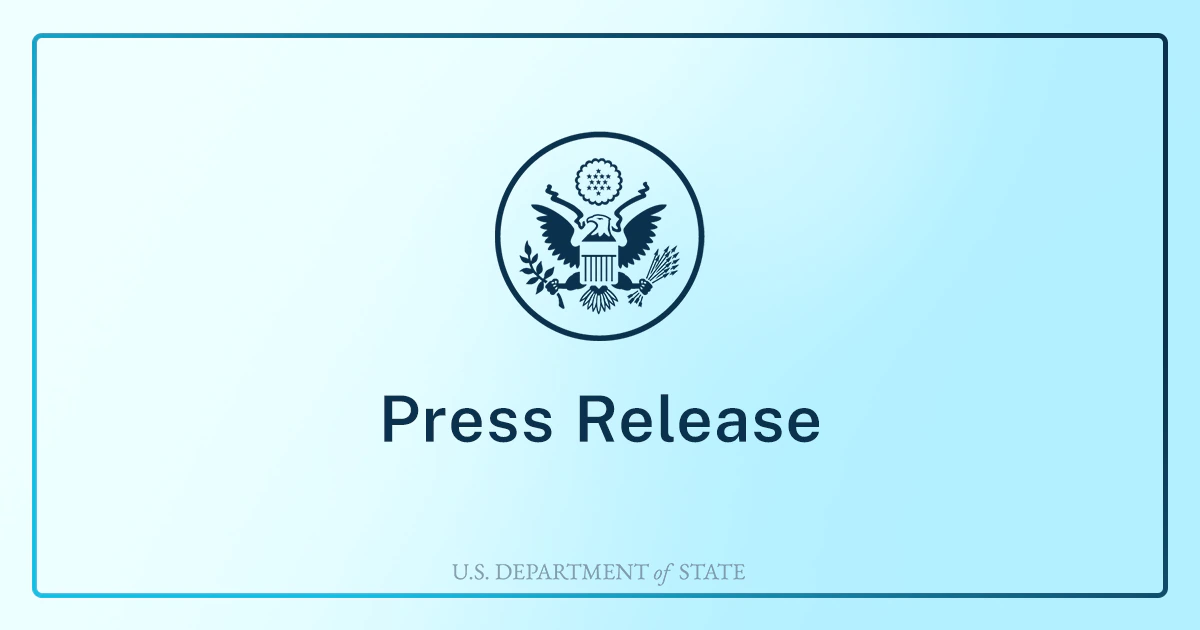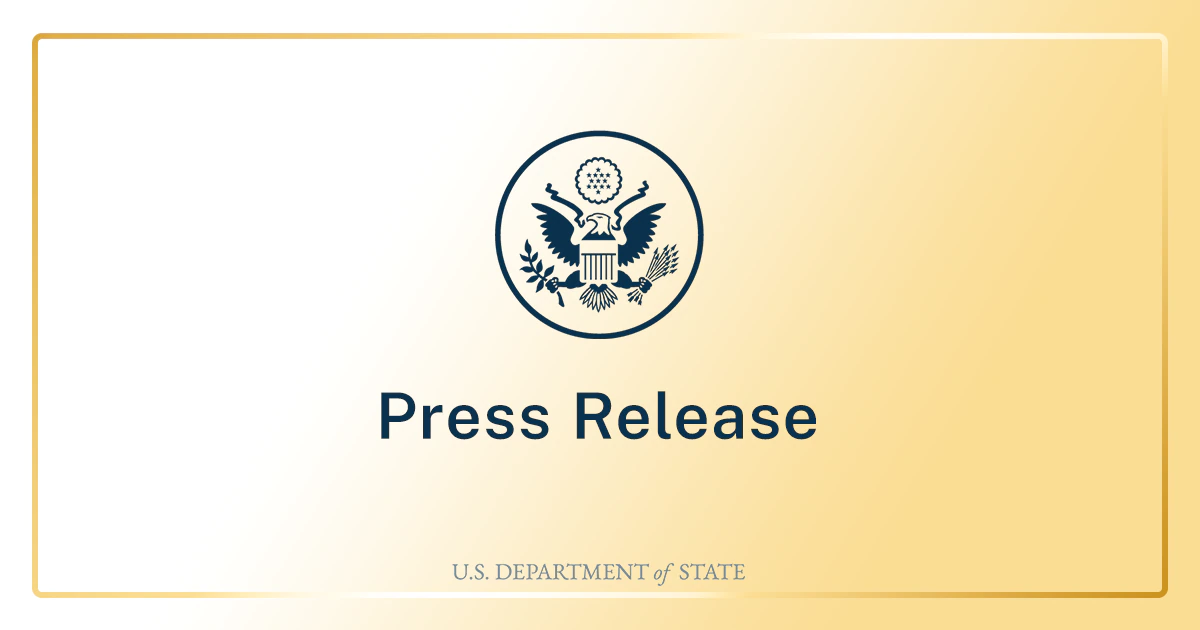Quad Foreign Ministers’ Statement on Ransomware
We, the Foreign Ministers of Australia, India, and Japan and the Secretary of State of the United States, met in New York on September 23, 2022. We reaffirm the Quad’s commitment to supporting Indo-Pacific countries’ advancement of a free and open Indo-Pacific, which is inclusive and rules-based. We are committed to an open, secure, stable, accessible, and peaceful cyberspace and support regional initiatives to enhance the capacity of countries to implement the UN Framework for Responsible State Behavior in Cyberspace. We strongly believe that focused initiatives for enhancing the cyber capabilities of Indo-Pacific countries would ensure the security and resilience of regional cyber infrastructure.
Recalling the last Quad Foreign Ministers’ Meeting on February 11, 2022, we commit to addressing the global threat of ransomware, which has been an obstacle to Indo-Pacific economic development and security. The transnational nature of ransomware can adversely affect our national security, finance sector and business enterprise, critical infrastructure, and the protection of personal data.[1] We appreciate the progress made by the 36 countries supporting the U.S.-led Counter Ransomware Initiative (CRI) and the regular, practical-oriented consultations against cybercrime in the Indo-Pacific region.
Call for State Action
The Ministers call on states to take reasonable steps to address ransomware operations emanating from within their territory. We exercise responsibility to assist each other in the face of malicious cyber activity, including from ransomware, against critical infrastructure.
Resilience and Capacity Building in the Indo-Pacific
The Ministers signal our collective will to fight ransomware threats to the cyber infrastructure that enables Indo-Pacific economic development and security. We commit to further cooperate on capacity building programs and initiatives that are aimed at enhancing regional cybersecurity and improve resilience against ransomware attacks in the Indo-Pacific. The Ministers highlight that practical cooperation in countering ransomware among Indo-Pacific partners would result in denying safe haven to ransomware actors…



